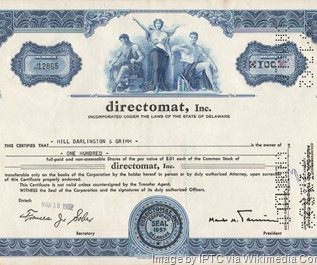Startup Funding – A Comprehensive Guide for Entrepreneurs
ReadWriteStart
JUNE 1, 2020
I have often been asked about Startup Funding by entrepreneurs. Many myths surround the subject of startup funding. Here is Startup Funding, a Comprehensive Guide for Entrepreneurs. You must have seen a lot of startups giving out promotions, discounts, and incentives at the early phase of their business. Debt investors.










































Let's personalize your content